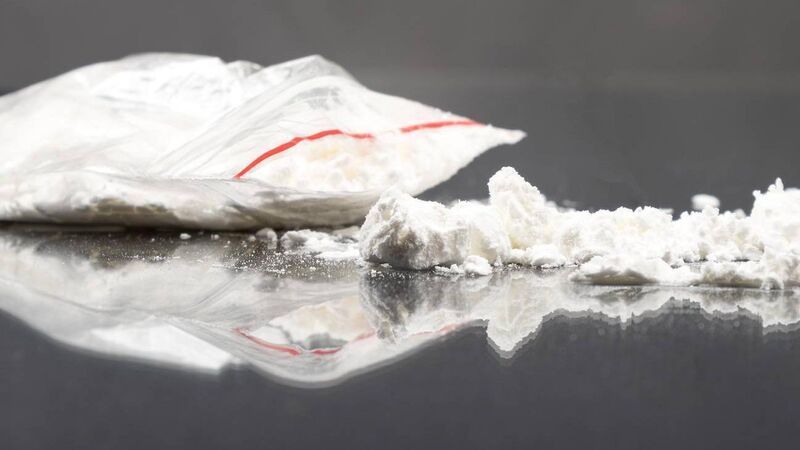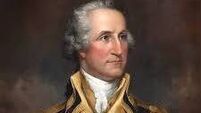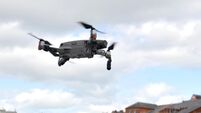Drug trade powder keg: How Ireland became a significant player in international drugs trade

It has become crystal clear in recent days that Ireland is not just a player on global drug trafficking routes because of the Kinahan connection. File picture
The past week has been proof – if it was needed – that Ireland is a significant player in the international drugs trade.
For many that unwanted tag has in no small way been thanks to the actions of the Kinahan Organised Crime Group, which has climbed to the top of the global drugs trade over the past decade.














